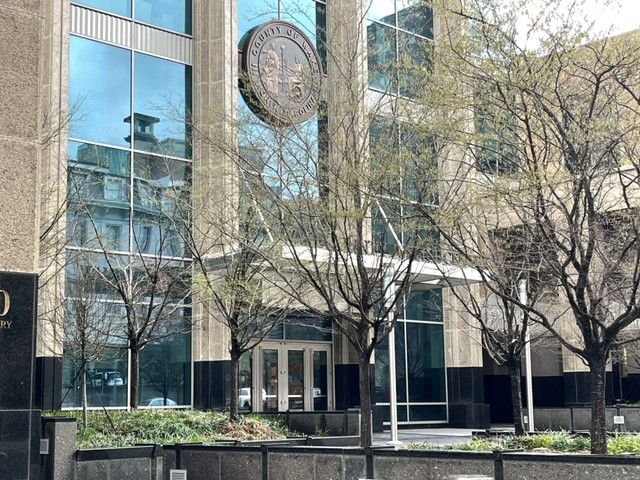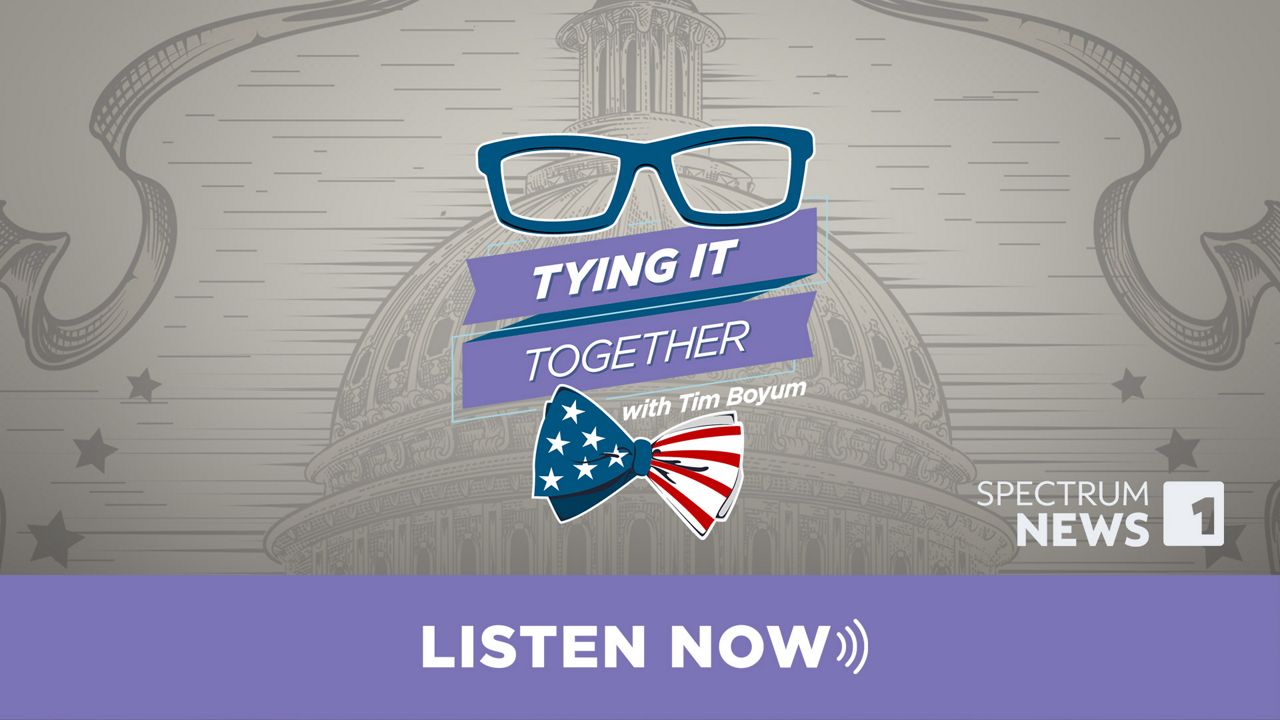Starting April 1, Wake County is implementing new bail reforms meant to cut down on the number of people being held in jail awaiting trial.
A committee of judges, elected leaders and community advocates released its report Thursday on how to reduce the number of people being held in jail. The recommendations include lowering minimum bonds for some offenses and making sure people are represented by a public defender during their first appearance before a judge.
“These recommendations will help protect our residents, afford everyone a fair trial, and avoid excessive bail requirements that unnecessarily imprison low-wealth individuals,” said Wake County Commissioner Matt Calabria, who served on the committee.
“We are working to give those returning to our community the best possible chance at productive, law-abiding citizenship by connecting them with job placement programs, bus passes for transportation to court proceedings, and behavioral health services,” Calabria said in a news release.
But Dawn Blagrove, with Emancipate NC, said the new recommendations do not go far enough.
“This report is basically smoke and mirrors for maintaining the status quo," she said. "There is no real desire to stop the criminalization of poverty."
She pointed to the recommended maximum for class 3 misdemeanors, which will stay at $750 under the new guidelines. “For a poor person, that is unattainable,” she said.
Class 3 misdemeanors include the lowest levels of crimes like shoplifting and 2nd degree trespassing.
Blagrove said the county could do more to lower or eliminate bail so people accused of low-level offenses don’t sit in jail.
Wake County Judge Paul Ridgeway, the senior resident superior court judge for the county, issued an order for the county to begin using the bail reform measures and implementing the other recommendations in April.
“The goal of the project is to ensure that those individuals who should not be in jail during the pretrial period are released from custody with the appropriate pretrial release conditions,” Wake County District Attorney Lorrin Freeman said. Freeman chaired the committee over the past year.
“We are committed to building a pretrial system for Wake County that promotes fairness and equity by balancing community safety, concern for victims, and the rights and needs of individuals facing criminal charges,” she said.
Nationwide, almost half a million people are in jail awaiting trial, unable to afford bail, according to the National Partnership for Pretrial Justice.
"While in jail, they can end up losing their jobs, homes or custody of their children.”“They haven’t been convicted, they’re legally innocent, but some simply can’t afford the cash bail needed so they can be released until their court date," the county said in a release. "While in jail, they can end up losing their jobs, homes or custody of their children.”
“This costly practice means that wealth can unfairly determine whether someone is let out of jail or not, which creates inequality and puts the poor at a disadvantage,” the county said.
There were more than 1,250 people Wake County’s detention centers Thursday, according to the sheriff’s office. Some have been in the jail for more than three years awaiting trial, but many of those people face serious charges, like murder and sex offenses, jail records show.
Wake County has been working with Advancing Pretrial Policy and Research to develop the new bail reform guidelines for lower level offenses.
The report recommends lowering the minimum bond amounts for some offenses. For example, the current bond guideline for driving while impaired is $500 to $10,000. The new guidelines do away with that minimum.
The guidelines also do away with bond minimums for the highest misdemeanor charges, including assault with a deadly weapon, assault on a female, violation of a restraining order and assault on a government employee.

It also does away with minimum bonds for low-level felonies.
The report recommends courts do a “public safety risk assessment” of people during their first appearances before a judge to see if they can be released.
“The Public Safety Assessment (PSA) offers an objective, validated tool for understanding an individual’s likelihood of success when released on pretrial. Based on an actuarial study, individuals are scored on both the likelihood to be arrested with a new charge or fail to appear during the pretrial period,” according to the report.
This tool will help magistrates set bond or other release conditions.
Emancipate NC’s Blagrove said these risk assessments are only as useful as the information they use, which can be biased against people of color and poor people.
The report said the county should evaluate the assessment tool after six months and more funding may be needed for the program.
The report also notes the Wake County Sheriff’s Office is setting up a dashboard to show the pretrial status of people sitting in jail.
“The report will be updated daily and allows for filtering based on highest charge, bond amount, and days in custody. The report also identifies individuals whose case can be considered for additional review,” according to the report.
But the dashboard is only available to stakeholders, Blagrove said. “Why would you not share that with the public?” she asked.







)

